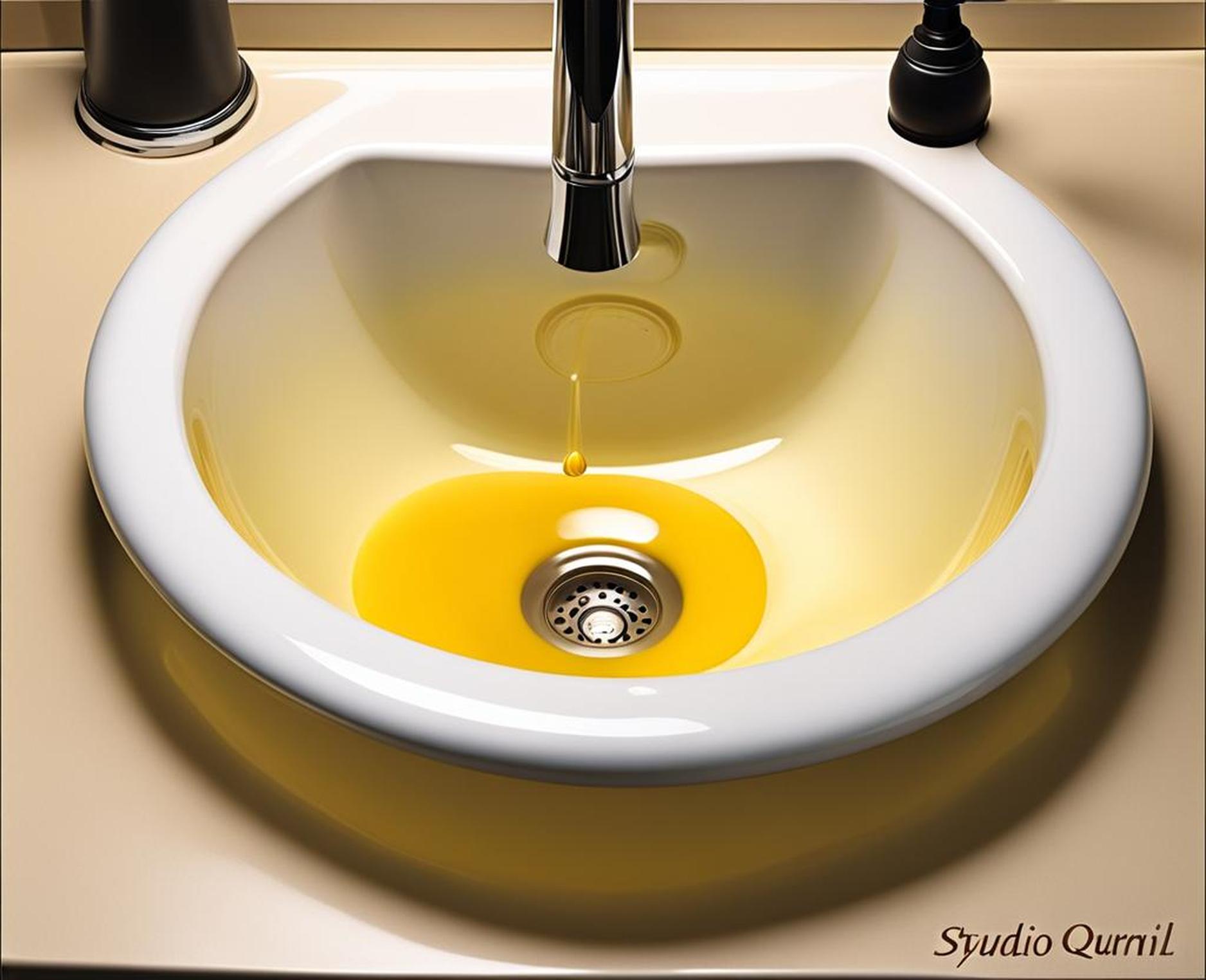The foul, sulfurous stench of rotten eggs emanating from your sink drain can be alarming and unpleasant. But don’t worry – with a few troubleshooting steps, you can likely get to the bottom of what’s causing the odor and banish it for good.
What Causes the Rotten Egg Smell in My Sink?
The rotten egg odor coming from your sink is most likely caused by hydrogen sulfide gas. This gas is a byproduct created when bacteria break down organic matter and sewage. Hydrogen sulfide gas has a characteristic rotten egg or sulfur-like smell that is unmistakable.
Here are the most common culprits that allow smelly hydrogen sulfide gas to form in your drains and rise up out of your sink:
Clogged or Slow Drain
When your sink drain gets clogged fully or partially by grease, hair, soap scum, or foreign objects, it causes water to pool and stagnate rather than flowing freely down the pipes. This stagnant water becomes a breeding ground for sulfate-reducing bacteria that then produce hydrogen sulfide gas which wafts up through your drain.
Stagnant P-Trap
Even if your sink isn’t clogged, the smell can still develop in the p-trap. This curved pipe underneath the sink is designed to hold water to prevent sewer gas from rising up. But if the trap water slowly evaporates in a sink that isn’t used frequently, it allows rotten egg stench to escape into your home.
Municipal Water Supply Issues
In some cases, the rotten egg odor may originate from problems with your home’s water supply rather than an issue in your drain. If contaminants enter the water source or the municipal treatment plant has difficulties removing sulfur compounds, it can cause that signature rotten egg smell to come through the taps.

How to Diagnose the Source of the Smell
Pinpointing where the rotten egg odor is coming from is an important first step in treating it. Here are some ways to determine the origin of the smell:
Check if it Happens with All Drains
Run water in all your sinks, showers, and tubs to see if the smell is isolated to one drain or widespread. A sink-specific smell points to a problem like a clog in that drain’s plumbing. A house-wide odor indicates a likely water supply issue.
Note When the Smell Occurs
Take note if the odor only happens while the water is running versus being constant. Intermittent smells when water flows down the drain suggest a drain trap issue, while a pervasive stench hints at sewer gas leaks.
Contact Your Water Company
If you suspect the smell may be coming from the water source itself, call your municipal provider. Ask if they are aware of any issues that could be causing sulfur compounds or other contaminants to enter the water supply and create a rotten egg odor.
How to Get Rid of a Rotten Egg Smell in the Sink
Once you know the likely source of the smell, you can take the appropriate steps to get rid of it. Here are some effective solutions for eliminating that rotten egg odor coming from your sink drain:
Physically Remove Clogs
If your drain is fully or partially clogged, the first step is removing the blockage. Use a plunger or drain snake to break up debris, grease, and soap scum. Prevent future clogs by using drain covers and strainers when washing hair or food residue down the sink.
Refresh P-Trap Water Seals
Stagnant p-trap water allows sewer gas to seep into the home. Simply run water through all sink drains for 5-10 minutes to flush out the traps and fill them with fresh water. For sinks used infrequently, do this weekly.
Clean the Drain and Disposal
Use baking soda and vinegar to break up gunk lining the drain. For garbage disposals, grind ice cubes and citrus peels to freshen the unit. Clean sink drains prevent organic buildup that bacteria feed on.
Call a Professional Plumber
For severe or ongoing rotten egg smells, contact a professional plumber. They can inspect your sinks, traps, and pipes to locate cracks or faulty connections that may be allowing sewer gas to leak into the home.
Preventing the Rotten Egg Smell from Returning
Once you’ve eliminated the rotten egg odor, take these proactive steps to prevent it from returning in the future:
Perform Regular Drain Maintenance
Pour a mix of baking soda and vinegar down your drains weekly, followed by boiling water. Use enzymatic drain cleaners monthly to break down grime and keep your drains free-flowing.
Don’t Allow P-Traps to Dry Out
Run water through unused sinks for 30-60 seconds weekly to maintain the water seals and prevent evaporation that allows sewer gas to escape.
Inspect for Leaks
Check under sinks and along visible pipes for any water damage or cracks that could indicate a leak and lead to sulfur gas odors. Repair any leaks or damage immediately to prevent bacteria growth.
When to Call a Professional Plumber
Contact a licensed plumber right away if:
- DIY remedies don’t eliminate the rotten egg smell
- The smell seems to come from all drains, pointing to a complex issue
- You find evidence of leaks or damage in your plumbing
- The odor is overpowering or you suspect sewer gas leaks
A professional can use specialized tools to locate the source of any odor and make necessary repairs to restore fresh air.
A sink that smells like rotten eggs is never a pleasant experience. But in most cases, it’s easily fixable with some drain cleaning and maintenance. The keys are identifying the source of the odor, eliminating any clogs or standing water, and preventing future buildup. With regular care and quick attention when smells develop, you can keep your sink and drains smelling — and flowing — fresh.
